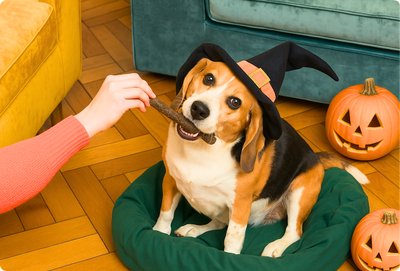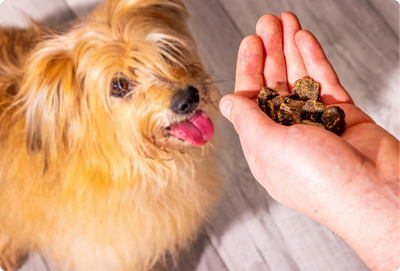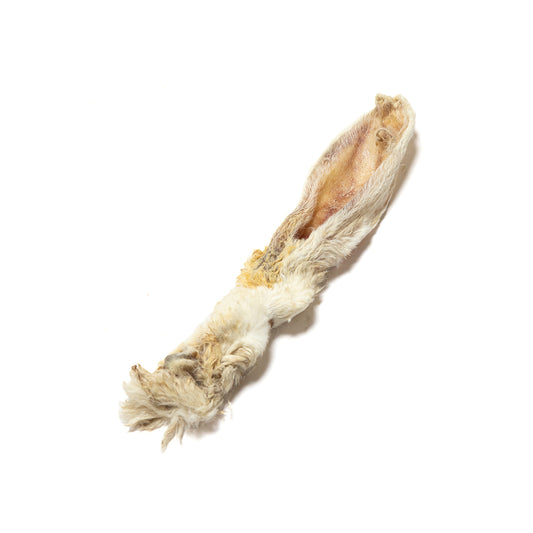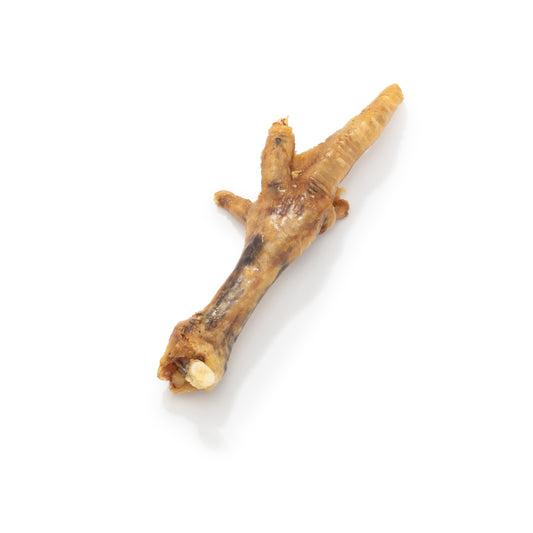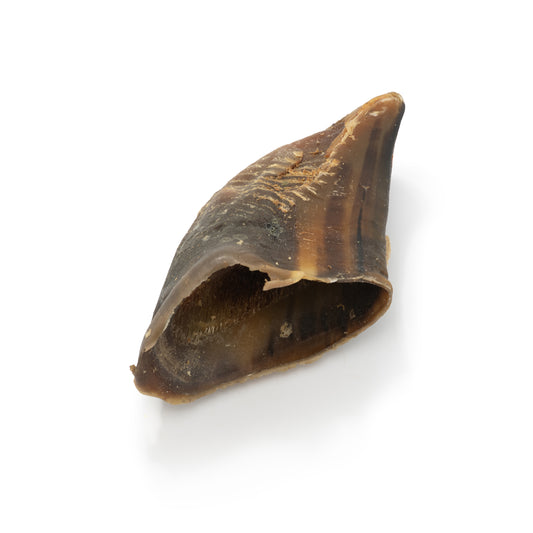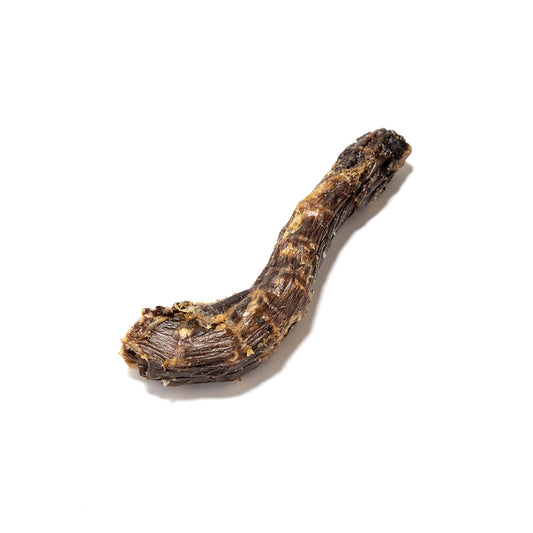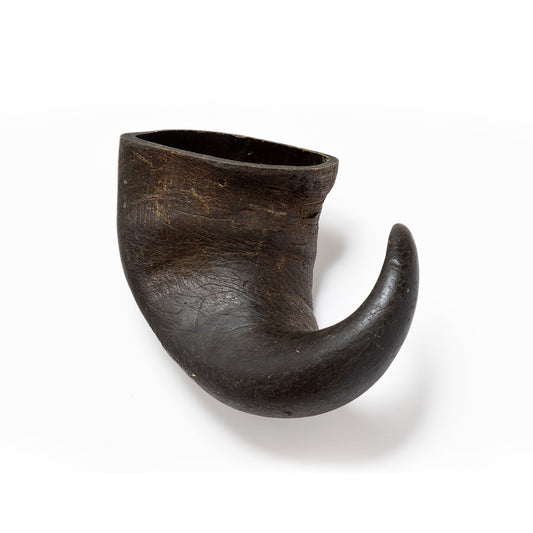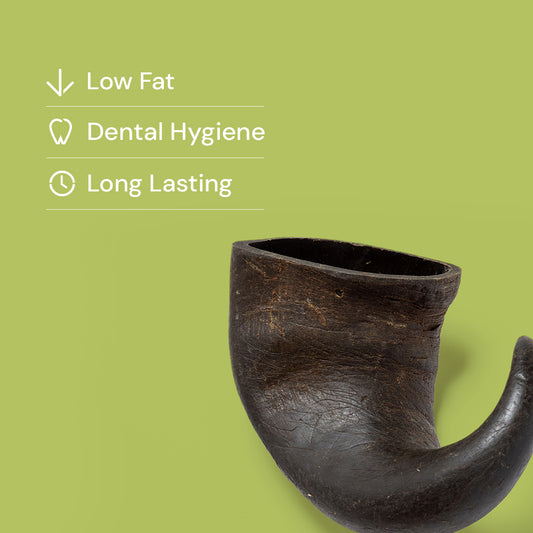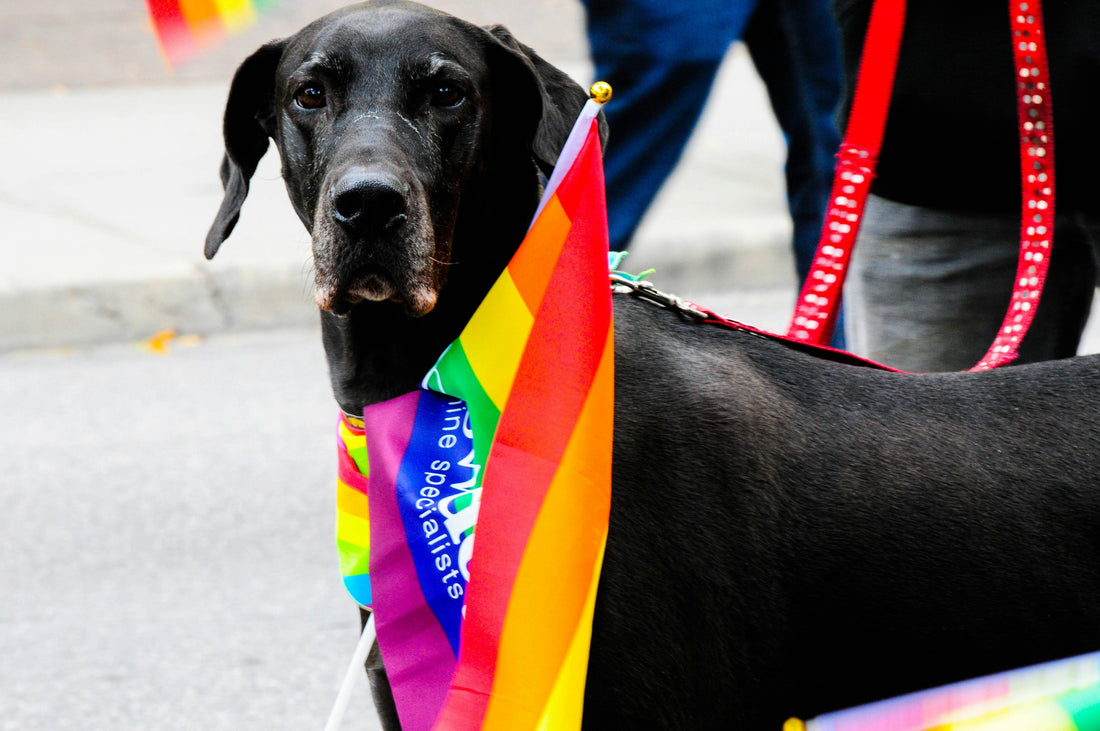
Black dogs have long held a special place in our lives, yet they often face unfair prejudice, leading to lower adoption rates and even superstition. National Black Dog Day, observed annually on October 1st, seeks to challenge these misconceptions and shine a spotlight on the beauty and uniqueness of black dogs. While this day is celebrated in various parts of the world, including the United States, its significance in the UK is equally important. In this blog post, we will explore the origins of National Black Dog Day, the challenges faced by black dogs in the UK, and how we can all do our part to celebrate and support these wonderful companions.

The Origins of National Black Dog Day
National Black Dog Day was first established in the United States in 2011 by Colleen Paige, a pet lifestyle expert, to combat what is known as "Black Dog Syndrome." This term refers to the unfortunate trend where black dogs are less likely to be adopted from shelters compared to dogs of other colours. Black Dog Syndrome is largely attributed to a mix of superstition, cultural bias, and even the fact that black dogs can be harder to photograph, making them less likely to catch a potential adopter's eye.

While the day was created in the US, it resonates strongly in the UK, where similar issues persist. The UK is known for being a nation of dog lovers, with over 12 million dogs across households. Despite this love, black dogs, especially those in shelters, are often overlooked due to enduring myths, misconceptions, and societal biases.
The Cultural Bias Against Black Dogs in the UK
The prejudice against black dogs isn't a new phenomenon. Historically, black animals have often been linked to superstition and folklore. In British mythology, black dogs were sometimes seen as omens of doom or death, with stories of "black shucks" or ghostly black hounds wandering the moors and roads of the countryside. These legends date back centuries, but the shadows they cast still affect public perception today.
Even outside of superstition, there is a subconscious bias against black pets. Black dogs are sometimes perceived as more aggressive or less friendly than their lighter-coloured counterparts. This bias can be particularly strong when it comes to larger black breeds, such as black Labradors or German Shepherds, who may be viewed as intimidating.

A study by Battersea Dogs and Cats Home, one of the UK's largest and most well-known animal charities, found that black dogs can stay in their care for longer periods compared to other dogs. This phenomenon isn't limited to a particular breed or size, but affects dogs across the board, from small terriers to large hounds.
Why Are Black Dogs Overlooked?
Several factors contribute to the tendency to overlook black dogs when adopting. Here are some key reasons why they face this bias in the UK:
- Superstition: As mentioned earlier, black animals have historically been associated with bad luck or danger in British folklore. While most people today don’t seriously believe in these old legends, the stigma can linger in subtle ways, affecting decisions unconsciously.
- Photographs: In an age where many of us rely on photos to make decisions, black dogs can often appear less distinctive in pictures, particularly those taken in poor lighting. Their dark fur can blend into backgrounds, making it harder to capture their personality or unique features.
- Misconceptions about Temperament: Larger black dogs, in particular, may be perceived as more aggressive, aloof, or less approachable. This perception is especially damaging to breeds that are already mischaracterised, such as Staffordshire Bull Terriers or Rottweilers, who are loving and loyal when raised in caring environments.
- Overpopulation in Shelters: Black is a common coat colour among many breeds, meaning there are simply more black dogs in shelters. This leads to an unfortunate cycle where potential adopters have more options, yet the black dogs are overlooked, creating an imbalance in adoption rates.
The Impact of Black Dog Syndrome in UK Shelters
In the UK, animal rescue organisations have long recognised the issue of Black Dog Syndrome. Shelters often report that black dogs, regardless of age, breed, or temperament, take longer to be adopted than lighter-coloured dogs. While it’s difficult to pinpoint exact statistics, anecdotal evidence from organisations like the RSPCA and Dogs Trust indicates that black dogs can stay in shelters weeks, if not months, longer than their counterparts.

This is particularly troubling given the emotional and psychological toll that extended stays in shelters can have on dogs. While shelters in the UK work tirelessly to provide enrichment and care, the shelter environment is stressful for many animals. Dogs that stay longer in such environments can experience anxiety, depression, or behavioural changes, making them even harder to rehome.
Celebrating Black Dogs on National Black Dog Day
National Black Dog Day is an opportunity for dog lovers in the UK to celebrate the beauty, charm, and loyalty of black dogs. Here’s how you can participate and support black dogs:
- Adopt, Don’t Shop: If you’re considering adding a new dog to your family, take the time to visit local shelters and meet the black dogs available for adoption. Many of them are just waiting for someone to see beyond their coat colour and recognise their wonderful personalities.
- Spread Awareness: Use your voice and platform to educate others about Black Dog Syndrome. Share posts on social media, write about your own experiences with black dogs, or simply start conversations with friends and family. The more people understand the biases that affect black dogs, the easier it will be to overcome them.
- Volunteer or Donate: Animal shelters across the UK are always in need of support, whether it’s through volunteering your time, fostering a dog, or donating to help with their care. By supporting your local shelter, you’re directly contributing to the well-being of all dogs, including the black ones who may need a little extra help finding their forever homes.
- Celebrate Your Own Black Dog: If you’re already the proud owner of a black dog, National Black Dog Day is the perfect time to celebrate your furry friend. Share photos, stories, and experiences of how your black dog has enriched your life. Let the world see how special they are, and help others see the value in adopting black dogs.
Famous Black Dogs in the UK
Throughout British history, many black dogs have become beloved national symbols. One notable example is "Nigger," the black Labrador Retriever belonging to Guy Gibson, the commander of the famous Dambusters squadron during World War II. Despite the controversy surrounding the dog's name, his role as a loyal companion during one of the UK's most historic military operations is still remembered.
In modern times, black dogs continue to capture the hearts of the nation. The beloved children's character Gnasher, from *The Beano* comic, is a scruffy black dog whose mischievous antics have entertained generations.

Conclusion
National Black Dog Day provides a chance for us to reflect on the unique challenges faced by black dogs, and more importantly, to celebrate their many positive qualities. Here in the UK, we can honour this day by breaking down old myths, fostering a more inclusive approach to pet adoption, and giving black dogs the love and recognition they deserve. Whether you’re looking to adopt, foster, or simply spread the word, every small action helps improve the lives of black dogs across the country.


